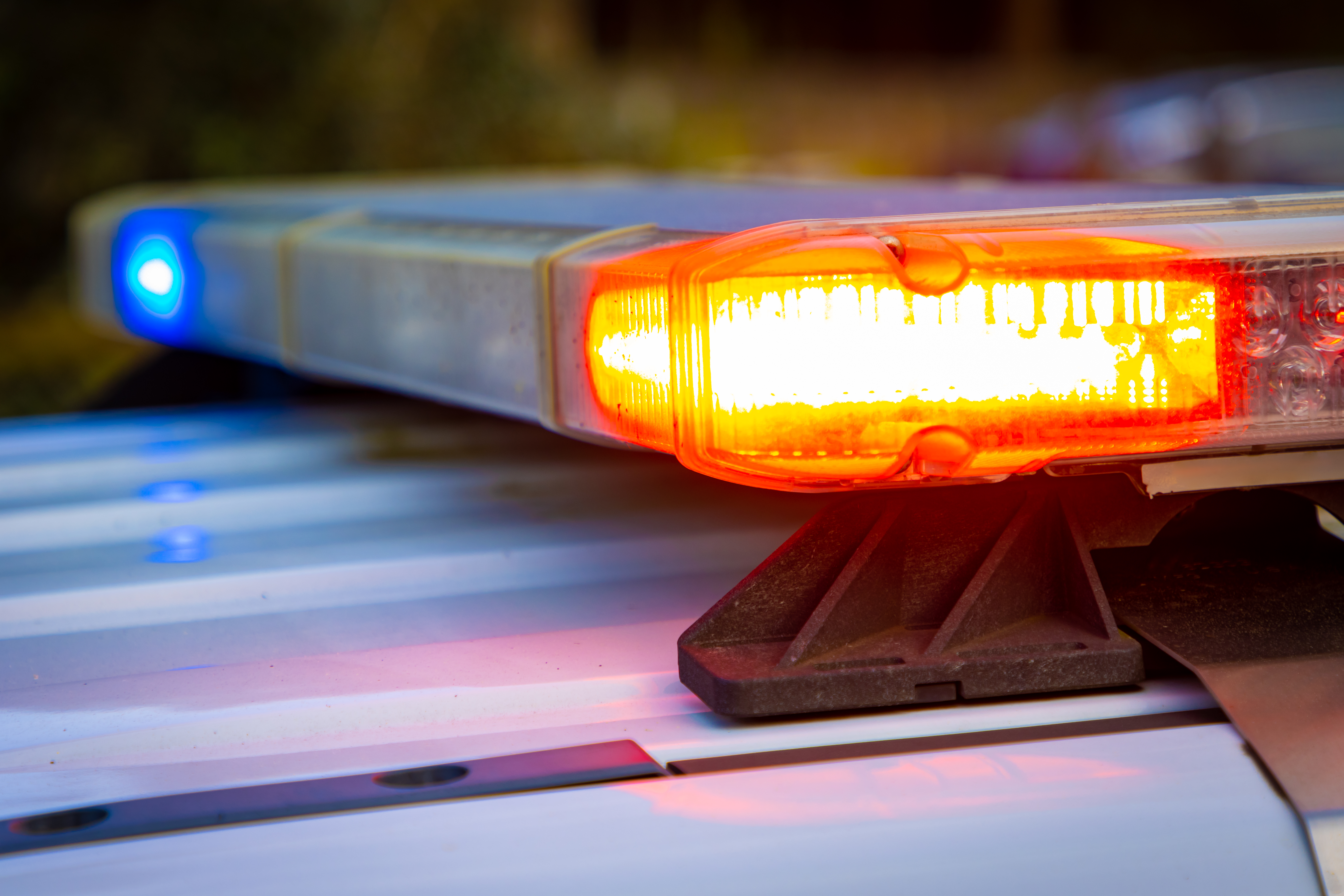Gov. J.B. Pritzker on Thursday toured the Morton East Adolescent Health Center vaccination site in Cicero and discussed the latest metrics on coronavirus vaccine distribution in Illinois.
More than $43 million in "expedited federal funding" has been given to Illinois' Emergency Management Agency to help with the state's COVID-19 vaccine distribution plan, officials announced Thursday.
The money was given by the Federal Emergency Management Agency (FEMA) after a federal disaster declaration on Jan. 20.
According to the agency, the money is an "advance payment" for costs like contract healthcare staffing. It also includes money for the creation and operation of temporary facilities and "vaccination assistance teams" in Illinois.
“FEMA is committed to expanding COVID-19 vaccination efforts across the country,” Kevin M. Sligh, acting regional administrator of FEMA Region 5, said in a statement. “This expedited grant funding ensures the availability of critical healthcare resources to vaccinate Illinoisans and is just one part of our support to the state in their fight against this pandemic.”
For a complete guide to what we know about vaccinations in Illinois, click here.
Illinois Gov. J.B. Pritzker praised the funding as he faces ongoing questions over the state's vaccination pace.
“Just two days after announcing an increase in weekly vaccine allocations to states and a deal to secure an additional 200 million doses of COVID-19 vaccine by the end of the summer, I’m incredibly grateful to see another action from the federal government to speed up the national vaccination effort, our best tool for putting this pandemic behind us,” Pritzker said in a statement. “With this $43 million in additional funding for vaccine distribution here in Illinois, we’ll be able to further expand our vaccination operations and offer more easy-access locations for our residents as the national vaccine supply increases. This is a welcome development in our Vaccination Administration Plan, and I look forward to collaborating with the federal government on bringing more vaccine and vaccination sites to Illinois.”
Local
Illinois entered Phase 1B of its vaccination rollout Monday, opening up doses to millions of residents.
Phase 1B centers on people age 65 years and older as well as "frontline essential workers," which includes first responders, education workers like teachers and support staff, childcare workers, grocery store employees, postal service workers and more.
As of Wednesday night, 1,293,075 coronavirus vaccines had been delivered to providers across Illinois, while 496,100 doses had been allocated to the federal government’s Pharmacy Partnership Program for long-term care facilities, the Illinois Department of Public Health reported. That brought the total number of doses sent to Illinois to 1,789,175.
So far, 829,488 doses have been administered, including 131,284 for long-term care facilities.
Pritzker on Wednesday pushed back on claims that Illinois ranks near the bottom of all 50 states for COVID-19 vaccine distribution.
The New York Times' tracker of vaccine distribution across the country on Wednesday ranked Illinois 44th of all 50 states for percentage of the population that has received at least the first of two doses of the vaccine, with 4.7% of Illinois residents having received at least their first dose.
The tracker also ranked Illinois at 43rd in the U.S. for percentage of doses used, noting that Illinois has administered 48% of vaccine doses that it has received.
Pritzker, however, said the "real numbers" paint a different picture - though he did not immediately provide specific figures in refuting that claim.
"The real numbers are that we have separated out the number of doses that are necessary for all of our long-term care facilities and that is taking time to roll out, that's being done by a federal partnership," Pritzker said. "If you take all of those doses out and remove the number of second doses that have been delivered to the state of Illinois… When you take all of those out, actually, we're doing quite well as a state at getting the administration of vaccinations, putting them in people's arms."
IDPH Director Dr. Ngozi Ezike said she expects the state will "catch up very quickly."
“There is always room for improvement. This is a herculean feat for a large, large state," she told NBC 5 in an interview. "I think definitely we are going to catch up very quickly. If you look at other states, they cycled into 1B, some people one week, two weeks, even three weeks before us. That is where the large sector of the population would have been eligible for vaccines. So, depending on when you opened it up to your seniors - that’s a big group - once you can start vaccinating that group, the numbers really have gone up. Just in the short time we have been vaccinating our seniors, we have seen the numbers increase almost 60% in terms of daily totals of vaccination. So, we are going to keep moving forward as this large 1B population is ready."
For a complete look at how to make an appointment or receive vaccine information for your area, click here.



